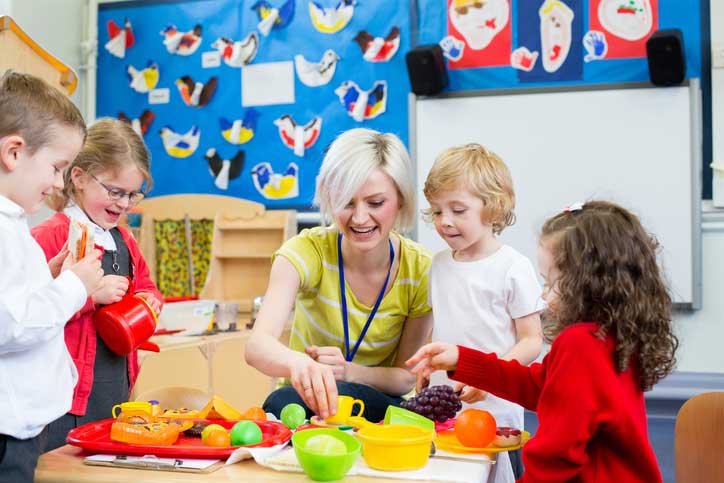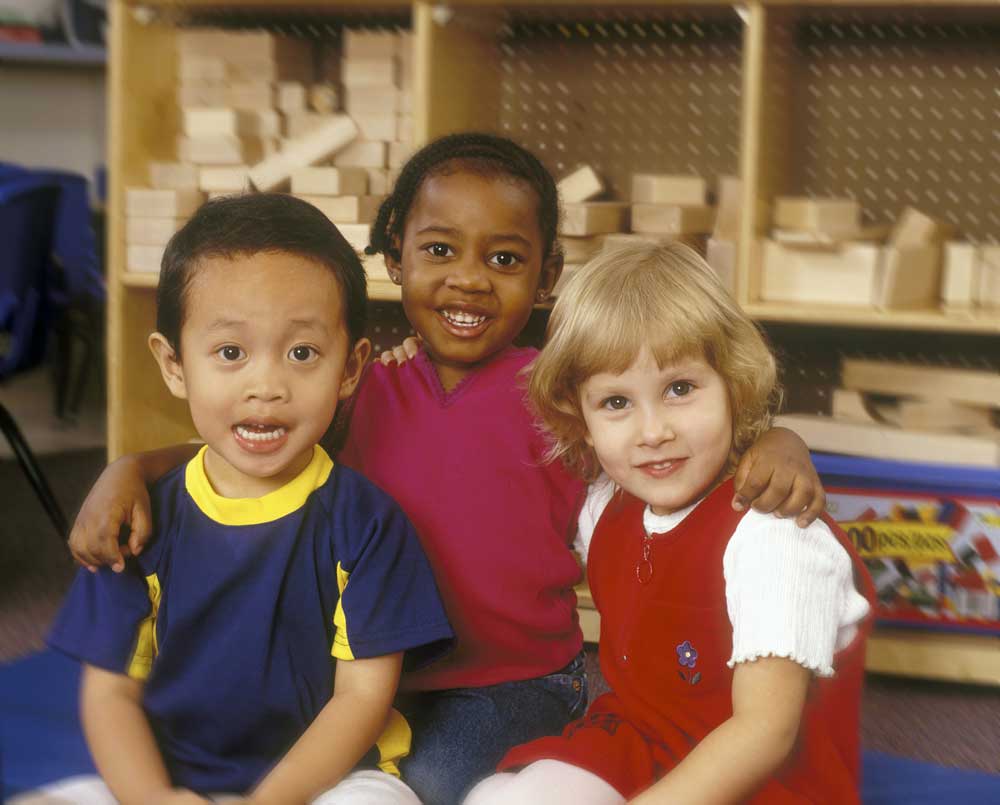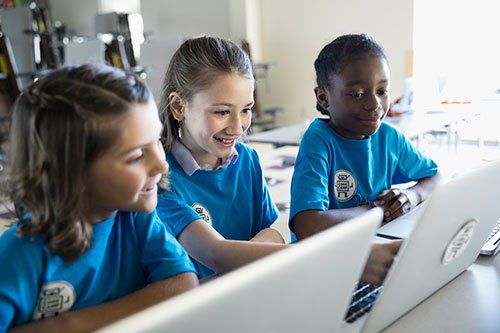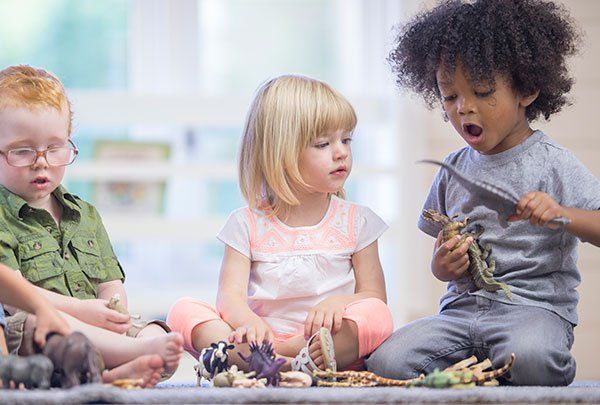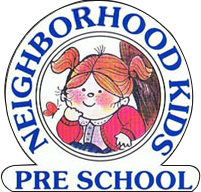Preschool Science: Take the Learning Home
- By Admin
- •
- 07 Mar, 2018
- •
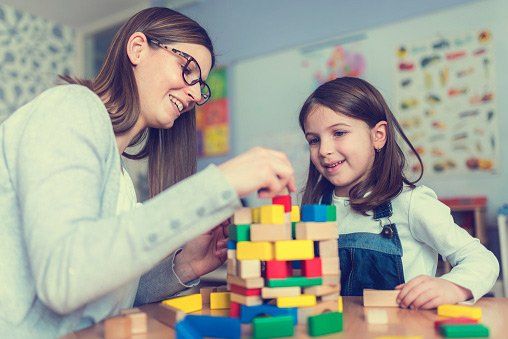
Preschoolers are naturally curious. Exploration, discovery, and experimentation are activities that your 3- to 5-year-old is constantly ready to tackle. Here's where science comes into play - literally. It may seem like your child is just playing during their school day. But they're actually learning. That is, they're learning though play.
Science is one of those traditionally academic subjects that your child will dive into during their preschool years. Even though you may remember science as lengthy lectures by a boring professor or endless pages in a dry textbook, in the early childhood classroom this subject looks very different.
Along with the science activities your child engages in during their school day, you can extend the learning at home. What can you do to help your child explore science concepts? Don't worry if you don't have a PhD in chemistry. Take a look at these easy ideas for playing with science at home.
Preschoolers' Predictions
If you aren't completely sure about how to set up a science activity, don't think that you have the right materials, or are just looking for something that you can do anytime and anywhere, making predictions is for you (and your child of course).
Keep in mind, this isn't technically a science activity. It's a general activity that's part of the scientific process. Starting your child out by making predictions will help them to better understand how real scientists work. Use this as a stand-alone idea or combine it with any other science activity.
Look for moments or events that lend themselves to predictions. These can include everyday actions, such as when a cup of water falls off a table or when you make ice in the freezer. Ask your child to predict what will happen next or what will happen as a result of the event. For example, put water in the ice cube tray, then ask your child to predict what will happen when you put the water in the freezer.Check back on your child's predictions and ask them if they were correct. Make sure to discuss why or why not their predictions were correct.
Now you're ready to go. Try any of the rest of these activities, starting off with a science prediction.
Science Sink
Turn your kitchen sink into a science experimentation area. Plug the drain and fill it with water. Help your child search the house for a variety of water-safe items. Look for toys and everyday items that are different sizes and shapes. Make sure that they can get wet (no electronics or anything that has batteries in it) and will fit easily into the sink.
Pick two items to test at a time. Go back to the prediction activity and ask your child to tell you what will happen when they drop both into the water. Will they sink or will they float? Which one will sink faster (if your child thinks either will sink)? Observe the results and have your child come up with their own explanation of what happened and why. Make sure to compare the end results with your child's predictions.
Cool Chemistry
Your preschooler isn't old enough to experiment with heavy-duty chemicals. But that shouldn't stop you from exploring chemistry with them. Baking soda and vinegar are kitchen staples. Even though you use them for cooking, you can also use them for a pretty explosive science activity.
Again, predict what will happen when you mix the two items together. Put a tablespoon of baking soda into a cup and start pouring the vinegar in. Make sure to cover any surfaces that you don't want to get messy.
Watch what happens as it bubbles and fizzes. Ask your child a few open-ended questions, such as, "What do you think happened?" or, "How does what happened match your prediction?"
Is your curious little learner ready for more educational experiences? Neighborhood Kids Preschool has programs for infants through school-aged children.
